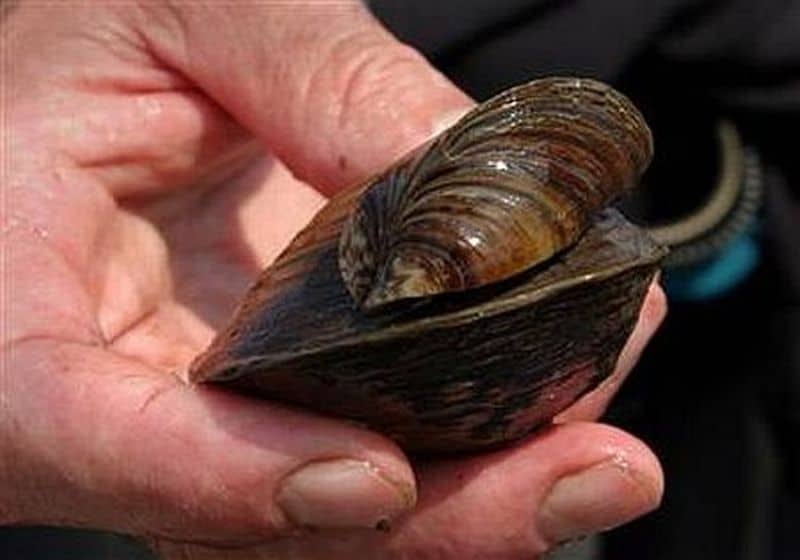Species of tiny marine and estuarine animals like the mussels have invaded sources of drinking water in California. Japanese crabs in large numbers have invaded Long Island Sound, which is more than 6,000 miles from their native habitat in Japan. The efforts at preventing the invasion of these species are badly delayed, and are aggravated by the slow pace at which the Congress is moving to introduce measures that will help contain the problem.
The source of the problematic invasive species has been identified as the ships that ply between foreign countries and the USA. The tiny animals get attached to the sides of the vessels and hitch a ride to the shores of the United States. The ballast water taken in by ships to maintain balance when they return empty from foreign ports serve as pools for hundreds of foreign species that range from fish, weeds, mussels, crabs and microscopic bacteria. The water filled in near Japan and emptied on the US coast introduces the new species to the environment and cause the crisis.
The introduction of new regulations to set federal clean-up standards for the oceangoing vessels in order to prevent the aquatic species reaching the American shores is hampered by a fight between the Senate committees that have to work out the policy.
Sen. Barbara Boxer, D-California, chairs the Environment and Public Works Committee, and she is blocking the clean-up bill saying it would jeopardize better standards in California and some other states.
Daniel Inouye, D-Hawaii, chairman of the Commerce, Science, and Transportation Committee, thinks a national standard common to all states is what is needed. While the dispute is apparently more on the way the legislation is going to be implemented, experts are concerned about the wastage of time and the continuing environmental damage. There is broad agreement about the inadequacy of the present ways dealing with the marine invasive species.
These unwanted guests threaten drinking water supplies and pose serious problems to native flora and fauna. The invasive mussels have spread inland and have entered the fresh water lakes. The government of the United States will have to spend billions of dollars to control and eradicate them. The Metropolitan Water District of Southern California alone anticipates an annual expenditure of $15 million to eradicate the quagga mussel in the aqueducts of Colorado River.
Environmental groups like the National Wildlife Federation are in favor of a federal legislation as it would bring in national standards.
Source: msnbc


